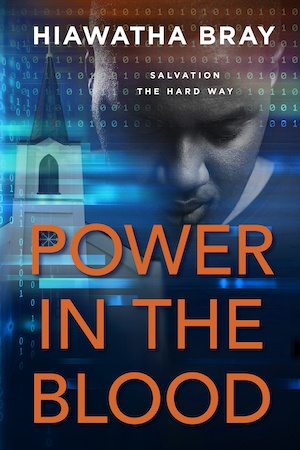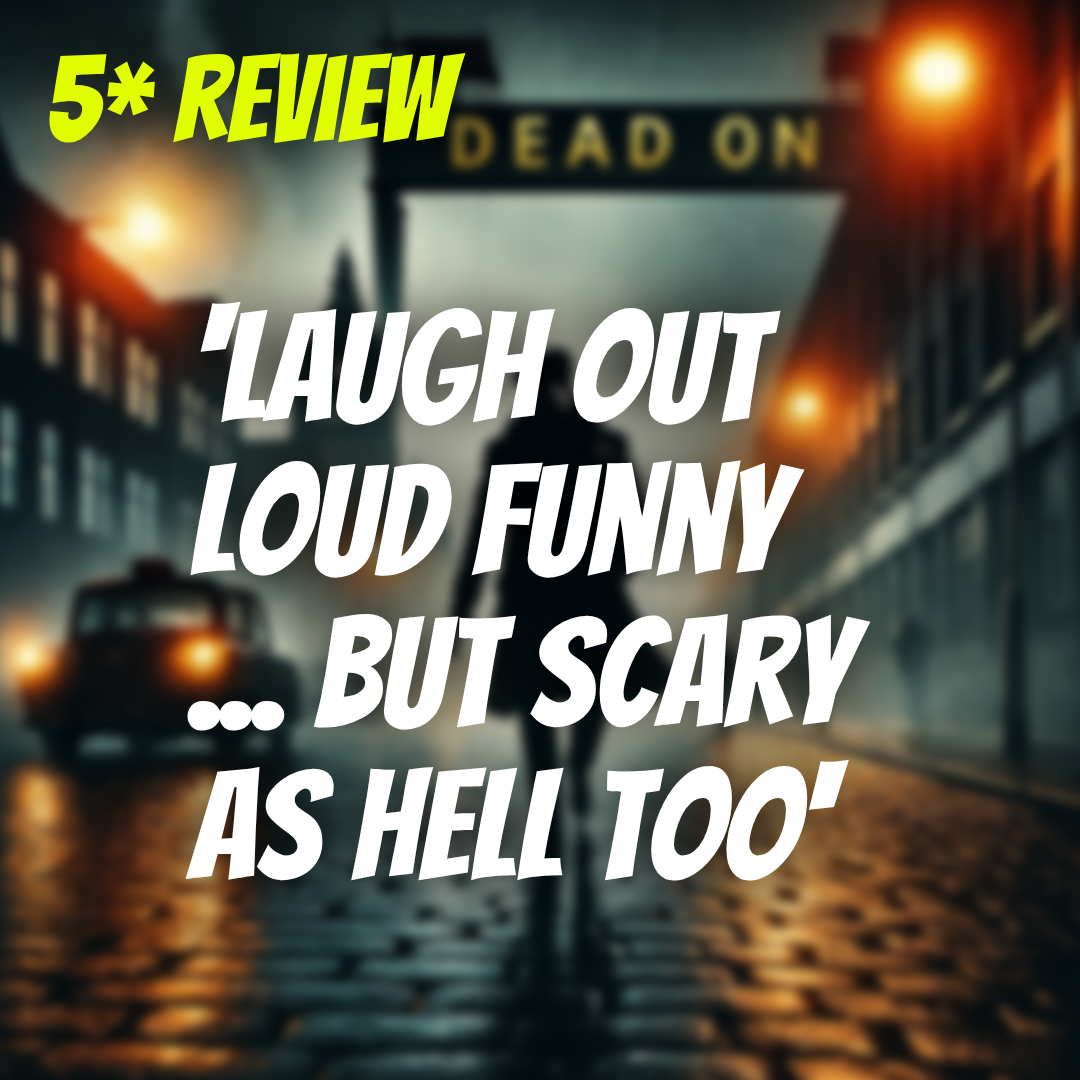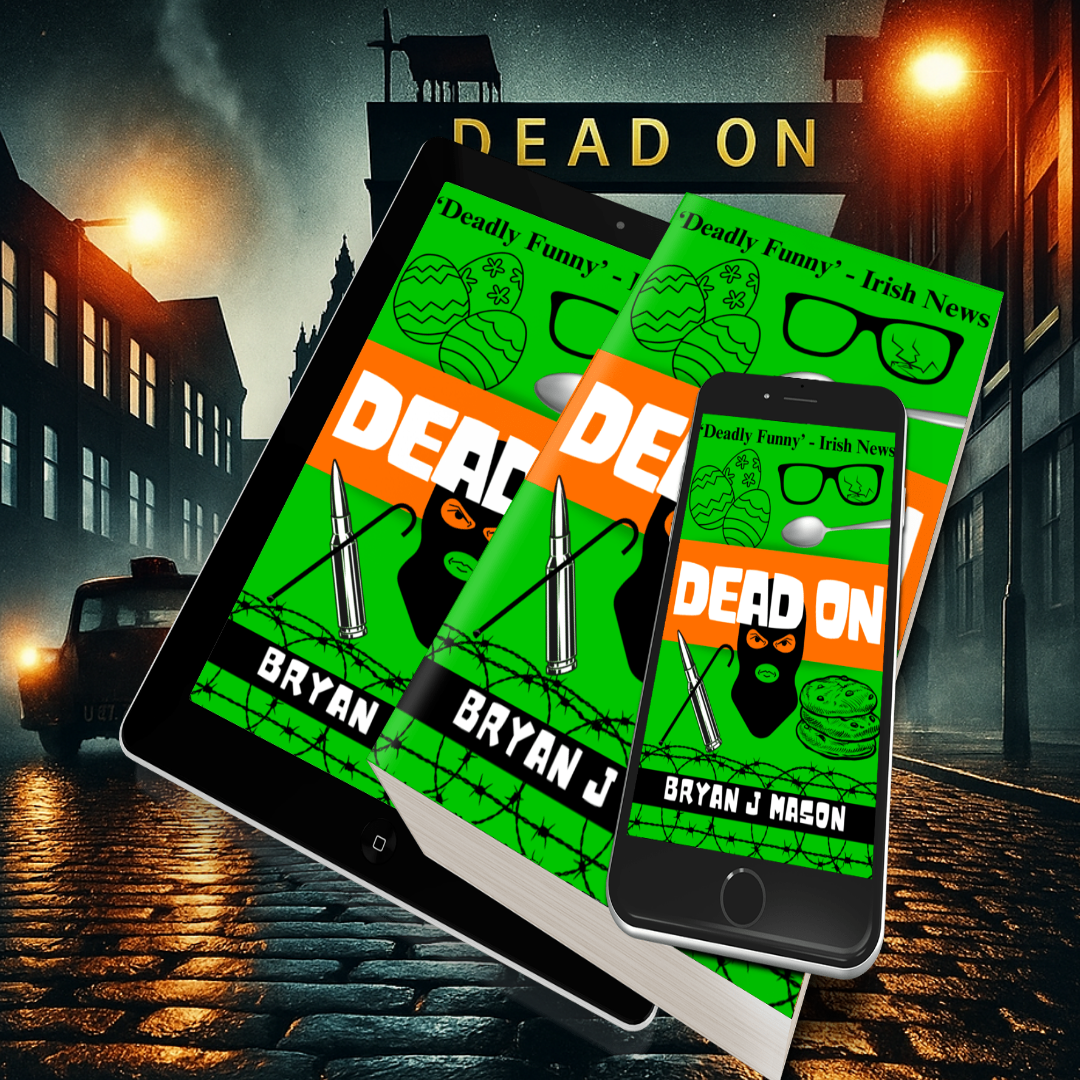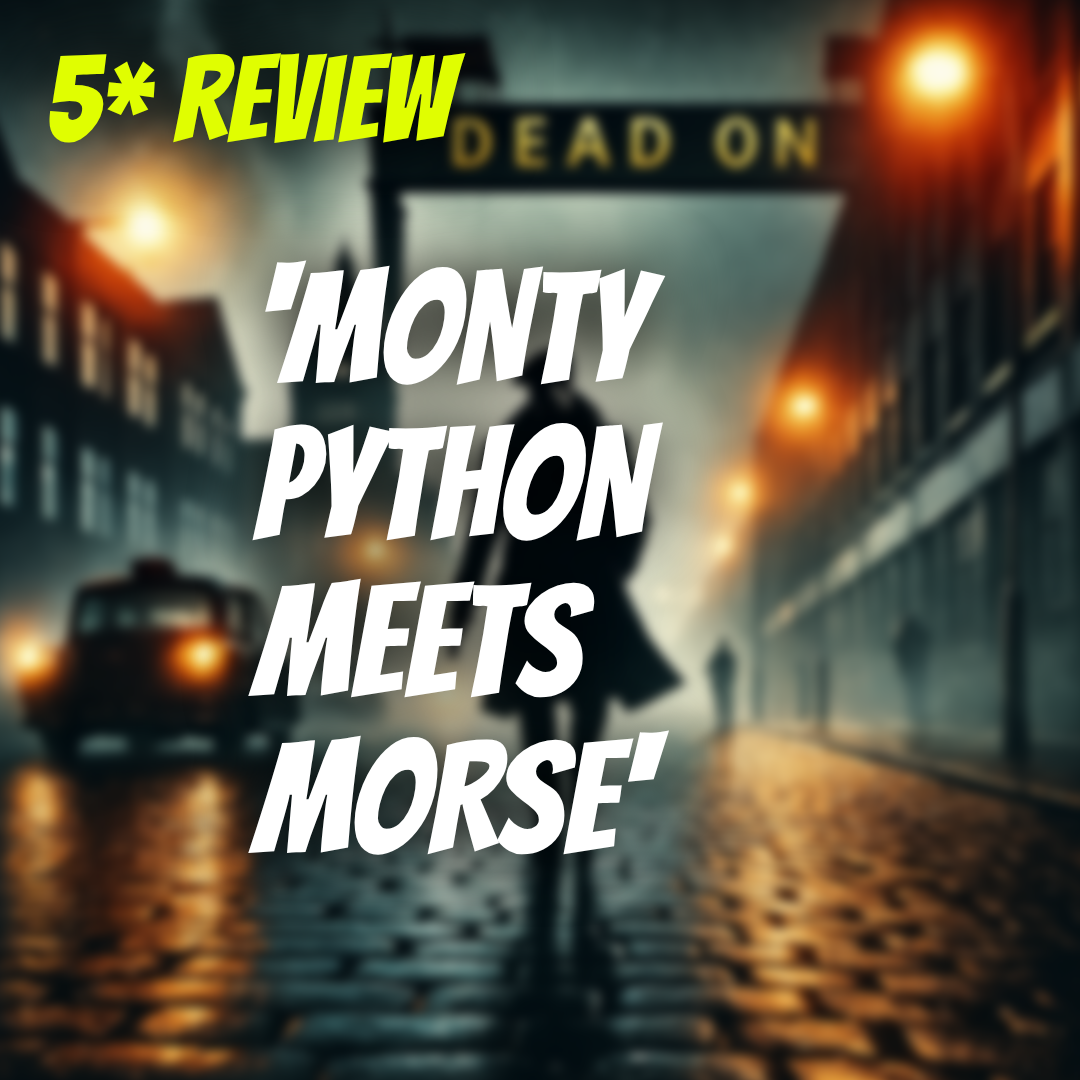
Debut fiction author Hiawatha Bray draws on his deep knowledge and experience in writing this highly entertaining techno-thriller set mostly in Boston. Like Bray himself, his protagonist, Weldon Drake, is a technology reporter for a leading newspaper, and both are deacons in an African-American Baptist Church.
Late one night, MIT graduate student Astrid Nelson is stabbed in the basement of Drake’s church. The vicious attack is bad enough, but having it take place in the church is a sacrilege. The motive for the attack is unclear, but the victim’s phone and laptop are missing. Days later, when she can finally talk, she tells Drake she’s been working with an international team of hackers on a secret botnet protection project. The day she was attacked, another member of her team was murdered in Germany. She explains to Drake the botnet has been created to conduct a worldwide attack on the banking industry. Clearly, whoever is behind it will be ruthless in protecting their plans.
Bray’s descriptions of the botnet and other elements of the cyber attack are not overly technical but convincingly convey their dangers, and there’s plenty of physical world danger to come.
As he pursues leads Astrid has given him, Drake comes to the worrisome conclusion that her team is not trying to protect the banking system, as she said. Rather, they seem more interested in increasing the attack’s destructiveness. Finally, Astrid confesses that, as launch time neared, she and the German hacker got cold feet and tried to call it off. In a flash, they went from insider to expendable.
Drake makes an appointment to meet Astrid’s MIT faculty advisor, to see what he knows about her extracurricular activity. Drake knows the man is contemptuous of the financial industry’s security measures, because at a public meeting, he showed how easily he could take over and empty audience members’ bank accounts. A cleverly designed botnet could not only effect the biggest bank heist in history, but do much additional damage. The advisor readily admits he’s part of the plot and motivated by nothing more than greed. He doesn’t hesitate to tell Drake all this because the meeting is a trap. Drake is dragged away by a pair of Korean heavies and barely escapes them. Now he’s a target too.
Drake has a number of attributes that make him a compelling character. He says he has antisocial personality disorder, which he blames for the break-up of his marriage. What he’s really missing seems to be empathy. Although he’s taught himself to recognise situations that produce an emotional reaction in other people and to respond to them appropriately, he says he doesn’t actually care. At least he says he doesn’t. In part his church activities are a way to compensate. Pastor Rink tells Drake it isn’t what he feels that’s important, but what he does. And he does plenty.
Despite doubting his ability to interact socially, Drake has good relations with his friend, Boston PD detective and fellow deacon, Damon Carter, as well as his white editor, who on principle grumbles at Drake’s pursuit of the banking story, all the while cheering him on. He also finds unexpected allies – a childhood friend of Astrid’s, an Israeli security expert, and, most unexpected of all, a 150-year old secret society of black church deacons that works quietly and mostly behind the scenes to protect black people. The threat of a financial collapse and its likely effects on society’s poorest people is enough to convince the group’s leaders to give Drake their financial support.
As a reporter, Drake has admirable research skills and a keenly honed intuitive sense that he puts to good use in unraveling the financial plot. Also, Bray expertly handles the tricky issue of how a black man must behave in potential encounters with white police officers. Stay calm, keep your hands in view. His and Carter’s matter-of-fact discussions about this aren’t angry; their attitude is that this is reality for black men in America. Bray doesn’t say this, but you may wonder whether a lifetime of such experiences has contributed to Drake’s tamped-down emotional responses.
The author has written for The Boston Globe, Wired and Fast Company, so you’d expect him to write well, and he does. He’s also often funny and shows excellent psychological insight. And I haven’t even mentioned his intriguing descriptions of how Drake uses a flight simulator to overcome his fear of flying.
The dangers of cybercrime are front and center in this book, along with the risks involved in an increasingly connected world. If you worry that the Powers That Be don’t take these risks seriously enough, this story won’t reassure you. Not only has the author crafted a timely adventure, he’s peopled it with believable, complex characters. Drake has flaws and knows it. But he’s working on them. He has extra challenges being black, of course. His church work is truly important to him. To a degree not common in crime fiction, Drake wonders about the right and wrong of his actions – not that that stops or even slows the action. And he’s a crackerjack researcher and intuitive thinker, which gets him into and out of any number of jams. You’ll be rooting for him all the way in Power in the Blood, which we’re glad to report is the first novel in an intended series.
For more cyber crime thrillers, click here.
Adamant Books
Print/Kindle
£4.99
CFL Rating: 5 Stars









